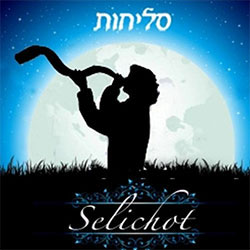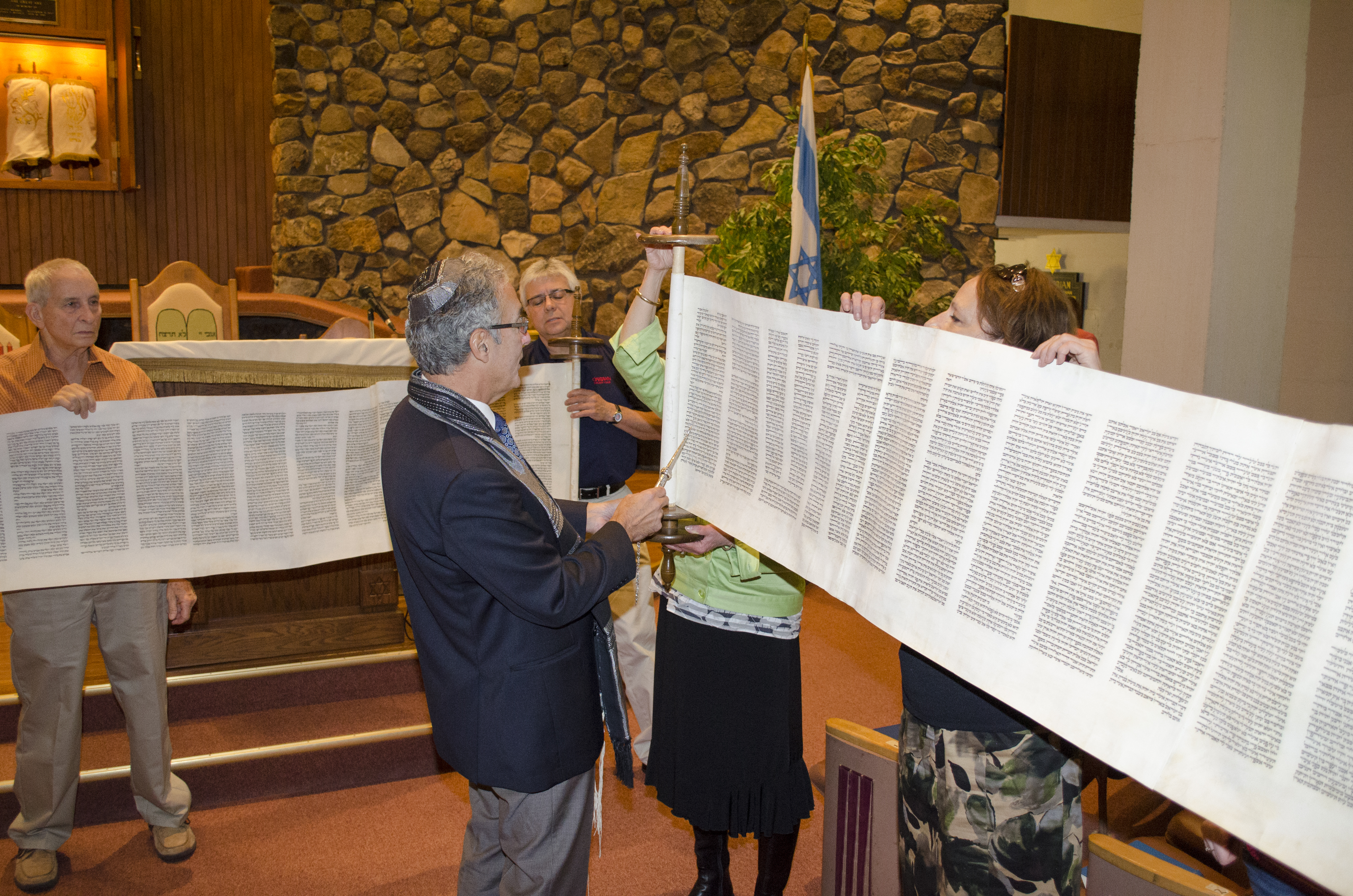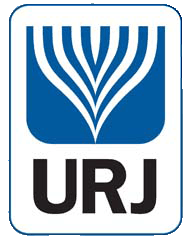
My house shall be called a house of prayer for all people. - Isaiah 56:7
Congregation House of Israel
Worship Schedule
The role of the synagogue is to help people find meaning in Jewish life and facilitate their ongoing Jewish growth. We believe that Judaism, lived joyously, can impart great meaning, personal enrichment, and spiritual fulfillment. Being liberal in lifestyle does not mean we renounce the core tenets of Judaism. We respect, honor, and embrace ritual. Our worship services are inviting, comforting, joyous, and filled with music. We come from many places and many religious streams. Join us. Be a part of our community voice.
**Please note: For reasons of security in these trying times, doors are kept locked and walk-in's for services are not permitted. Non-members who wish to attend are requested to call the temple office (501-623-5821) in advance in order to make arrangements.
Shabbat
 Erev Shabbat
Erev Shabbat
Led by Rabbi Kleinman, Erev Shabbat services are held at the temple every Friday evening.
Candle lighting, Kiddush and Oneg Shabbat begin at 5:30 p.m. Services begin at 6:00.
Torah Study
Torah Study is conducted by Rabbi Kleinman, along with a brief Shabbat service, Saturday Mornings, at 10:00 a.m. using Zoom conferencing. If you would like to receive an invitation, please contact us by email at info@hschi.org".
High Holidays
High Holidays, 2024
| Wednesday | October 2 | 7:30 p.m. | Rosh Hashanah Evening Service - Oneg to follow |
| Thursday | October 3 | 10:00 a.m. | Rosh Hashanah Morning Service |
| Sunday | October 6 | 11:00 a.m. | Kver Avot Service, Jewish Rest Cemetery |
|
|||
| Friday | October 11 | 7:30 p.m. | Kol Nidre Service |
| Saturday | October 12 | 10:00 a.m. | Yom Kippur Morning Service |
| 5:00 p.m. | Yom Kippur Afternoon Service | ||
| 6:00 p.m. | Yizkor, Neilah Service, Havdalah, Break-theFast |
Selichot
Selichot
An important Jewish belief is that God wishes us to turn away from sin and that God helps us to do so. The High Holy Days focus almost exclusively on this idea, which is called “teshuvah,” a Hebrew word that means “turning away from sin.”
In Judaism, the word “sin” can refer to many different things. We sin when we break God’s laws; we sin when we hurt others; we sin when we do things that hurt ourselves. During the High Holy Days we have many opportunities to demonstrate that we have made sincere efforts to change our behavior from that which is hurtful or wrong to that which is constructive and healing.
It is a custom among many Jews to prepare spiritually for Rosh Hashanah and Yom Kippur by attending a special service called “Selichot” (forgiveness). The Selichot service is designed to help worshipers direct their hearts and minds to the process of teshuvah. Selichot service is traditionally held on the Saturday evening before Rosh Hashanah.
Tashlich
Tashlich
 Tashlich is a remarkable ceremony, symbolic and concrete all at the same time.
Tashlich is a remarkable ceremony, symbolic and concrete all at the same time.
Through this ritual, we express not only our desire to be free from sin, but our continuing hope that we will be forgiven for past misdeeds. On the afternoon of the first day of Rosh Hashanah (except if it falls on Shabbat), it is customary to go to a flowing body of water and to recite prayers while “casting” our sins (represented by bread crumbs) into the water.
As we read in Micah: “You will cast (tashlich) all your sins into the sea.”
Simchat Torah
Simchat Torah
 Simchat Torah is a celebratory Jewish holiday that marks the completion of the annual Torah reading cycle. Simchat Torah literally means “Rejoicing in the Law” in Hebrew.
Simchat Torah is a celebratory Jewish holiday that marks the completion of the annual Torah reading cycle. Simchat Torah literally means “Rejoicing in the Law” in Hebrew.
The Meaning of Simchat Torah
Throughout the year, a set portion of the Torah is read each week. On Simchat Torah that cycle is finished when the last verses of Deuteronomy are read. The first few verses of Genesis are read immediately afterward, thereby starting the cycle again. For this reason, Simchat Torah is a joyous holiday, celebrating having completed the study of God’s word and looking forward to hearing those words again during the coming year.
Sukkot
Sukkot
...On the fifteenth day of this seventh month is the Festival of Sukkot, seven days for the L-RD. -Leviticus 23:34
 The Festival of Sukkot begins on Tishri 15, the fifth day after Yom Kippur. It is quite a drastic transition, from one of the most solemn holidays in our year to one of the most joyous. Sukkot is so unreservedly joyful that it is commonly referred to in Jewish prayer and literature as Z'man Simchateinu, the Season of our Rejoicing.
The Festival of Sukkot begins on Tishri 15, the fifth day after Yom Kippur. It is quite a drastic transition, from one of the most solemn holidays in our year to one of the most joyous. Sukkot is so unreservedly joyful that it is commonly referred to in Jewish prayer and literature as Z'man Simchateinu, the Season of our Rejoicing.
Sukkot is the last of the Shalosh R'galim (three pilgrimage festivals). Like Passover and Shavu'ot, Sukkot has a dual significance: historical and agricultural. Historically, Sukkot commemorates the forty-year period during which the children of Israel were wandering in the desert, living in temporary shelters. Agriculturally, Sukkot is a harvest festival and is sometimes referred to as Chag Ha-Asif, the Festival of Ingathering.
